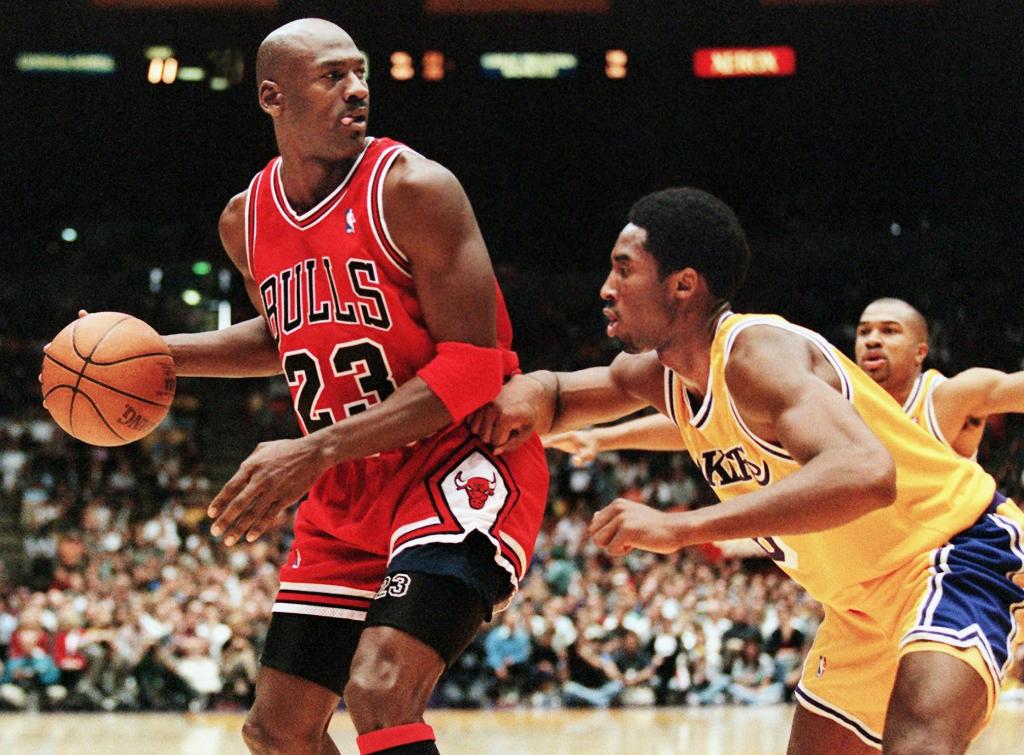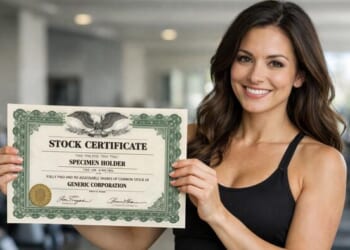
Because we Americans value our self-reliance, we can be skeptical about free trade. A common line of thinking goes like this: Buying things made in other countries will result in fewer American jobs. And letting foreigners produce the things we really need seems like an obvious security risk. As for trade deficits with other countries, those can’t be good because deficits are negative and signal a loss. Even worse, it means foreigners will invest in the U.S. and own assets here—another security risk.
A good starting point for understanding why trade is beneficial is that countries don’t trade with countries. People in different places trade with other people, and that’s an important distinction. When governments restrict trade, it means that they limit people’s freedom to buy what they need and their freedom to produce what they’re best at producing.
Global trade means millions of people buying what they want, from whoever produced it, to satisfy their needs. And the concept of comparative advantage explains why expanding the freedom to buy from people all over the world makes people better off.
Starting from scratch.
Picture, for example, a typical American family of four, living somewhere in North Carolina. Imagine how that family would live if, by law, they had to manufacture everything they needed to survive, with no outside help and no ability to engage in trade with others. That doesn’t mean just assembling things they buy. No. They have to do everything: mine raw materials, weave their own cloth for clothes, and grow their own food.
This family would have no time for doing any of the things we recognize as part of living in the modern, developed world. Most likely, they would never really be able to take part in the modern world. They would never be able to build something like a laptop computer. In fact, it would be nearly impossible to build even a simple convenience like a toaster with zero help from anyone.
The idea of being self-sufficient might sound great, but by modern standards this kind of independence makes people poor. Dirt poor.
This example still applies if we extend it to all the families who live on a particular street, in a single county or state, in any group of states, or even in any nation. Forcing folks to be completely self-sufficient, without the benefit of trading, would shrink their opportunities to improve their lives, and they would remain impoverished.
Why specialization makes sense.
To see more of the “why” behind this problem, let’s go back to our family of four and change things up a bit.
This time, the family is no longer forced to mine raw materials to make things like glass and metal. This time, after recognizing that total self-sufficiency takes too much time away from everything else the family needs to do, they specialize in what they do best and buy other items they need from a neighbor who is really good at making them.
Having acquired some leisure time, the family soon realizes that their son is quite athletic and their daughter has a knack for helping people who get injured when mining.
Soon, they realize that their daughter would be an excellent doctor, and that their son, Michael, is especially good at playing basketball. In fact, he’s far better at basketball than he is at mining and smelting, and even better at basketball than he is at baseball (although he’s pretty good at baseball). His best opportunity, by far, is to play professional basketball because he is so much better at basketball compared to any other option he has.
Under the first scenario, where the family is forced to produce everything themselves, they have no ability to specialize. But by allowing Michael to stop mining and to focus on basketball, he can devote more time to honing his skills and, possibly, become the greatest basketball player in the history of the world. And their daughter could become one of the best neurosurgeons in the world.
Expanding the advantage to trade.
This idea is the essence of comparative advantage—when someone has the ability to do the thing they excel at relative to their other options. Specialization allows people to develop what they’re best at relative to the other things they could do.
And trade is just exchange that comes with specialization. With the money he earns from playing basketball, Michael gets to buy a boat, a jet, and maybe even a race car. He gets to specialize in his best sport, and he can buy things he wants from people who specialize in making them. The more people who can specialize, the better.
Throw in trade across borders of any kind, and that completes the concept called comparative advantage. The existence of a border does nothing to change the logic: Comparative advantage still explains whether someone should make something or buy it from another person. It makes no difference whether Michael gets a race car from Karl in Germany, Enzo in Italy, or Henry in the U.S. Either way, he’s better off than if he tried to build it himself.
Yet, for centuries, even people who lived by these principles still mistakenly viewed international trade as harmful.
To take a 20th-century example, in the 1980s the famous singer-songwriter Bob Dylan wrote “Union Sundown,” a song with a chorus saying that the sun is setting on “what’s made in the USA.” In one verse, Dylan, who by the 1980s had specialized in music for decades, reminds people that Americans buy their shoes from Singapore, flashlights from Taiwan, tablecloths from Malaysia, shirts from the Philippines, and cars that are sold by Chevrolet after being assembled in Argentina. (I am curious whether Dylan knew that Chevrolet was founded by a Swiss-born race car driver who immigrated to the U.S. from France.)
Regardless of what Dylan meant by the song, the kind of international trade in “Union Sundown” makes everyone better off across all those countries. The people there are making the products they make better relative to others, thereby improving their living standards.
That’s what comparative advantage does and why using it is so powerful, because it does more than merely elevate people’s ability to do things they’re good at doing.
Opportunity cost.
For instance, I know more than I need to know about cabinetry and woodworking. If I wanted to build my own kitchen cabinets instead of paying someone $20,000, I could do it. But I’m better at my current job—writing books, papers, op-eds, and blog posts— than I am at making cabinets.
If I were to take the time to make my own cabinets, I wouldn’t necessarily “save” that $20,000. Even taking out the cost of the materials, I still wouldn’t come out ahead because of what I would be giving up by making the cabinets. That’s known as an opportunity cost. In other words, by sticking to my current job, I would earn more than $20,000 in the time it would take me to finish the cabinets.
It makes no difference that I have an advantage over many people in cabinet making, something economists call an absolute advantage. That advantage doesn’t outweigh the one I have over myself when it comes to my current job relative to cabinet making. That’s my comparative advantage.
Even if my comparative skill as an author and policy analyst just slightly exceeded my skill as a cabinet maker, sticking to my current job would still make me better off. And when millions of people specialize in this way, those tiny advantages add up. In a world with about $100 trillion in annual GDP, with millions of people specializing and trading, eliminating trade barriers globally could easily add more than $1 trillion per year to people’s total income.
These are simplistic examples, but the same ideas hold for more complicated real-world cases, both those in more distant and recent times.
Trade grows the pie.
In the 1700s, when Adam Smith was writing about economic theory, there were no electric toasters. In the 1960s and 1970s, when Dylan created most of his songs, there were no iPhones. In either period, both men would surely find it strange that millions of Americans regularly purchase iPhones, a device assembled with parts made in 40 different countries.
If iPhones weren’t made this way, they would be more expensive. Globally, the added cost could make people worse off by billions of dollars per year. The flip side of that cost is the huge benefit that trade based on comparative advantage provides people.
Until very recently, the United States had generally been turning away from protectionism and higher trade barriers for decades. While that shift was far from perfect, it improved millions of people’s lives.
The Peterson Institute for International Economics estimates that trade expansion in the post-World War II period benefited the United States to the tune of approximately $2.1 trillion from 1950 to 2016. That’s an increase of more than $18,000 in GDP per household, and Peterson estimates these gains were disproportionately beneficial to poorer households.
When people specialize based on their comparative advantages, more people win than lose. All governments need to do is stand back and allow people to figure out what works best for them.

















